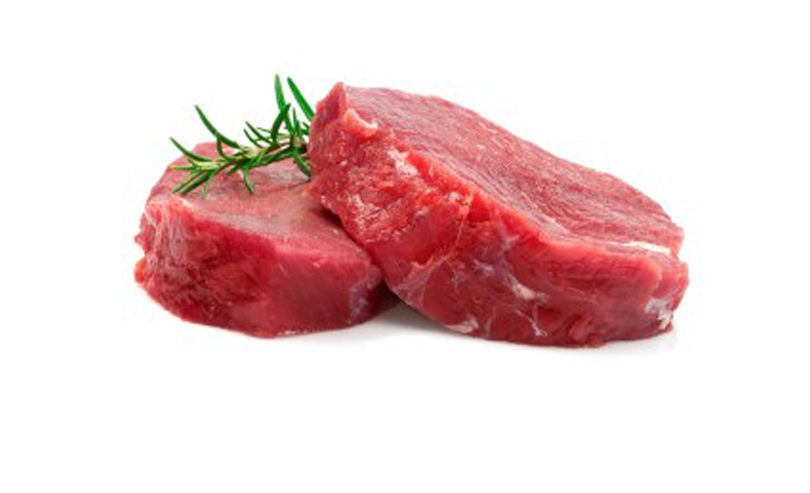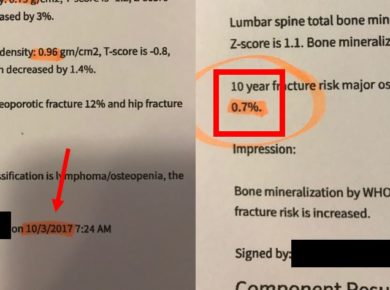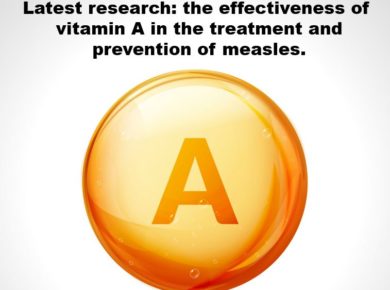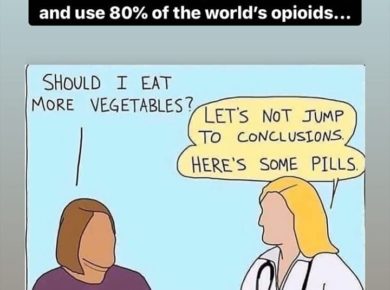Have you seen the news lately and titles like these:
“Eat Less Red Meat, Scientists Said. Now Some Believe That Was Bad Advice.”
“Red Meat Not So Bad For You After All”
“Eating Red Meat Might Not Be Bad For You After All”
“New health report suggests red meat not so bad after all”
“New Red Meat Study Suggests It May Not Be That Bad for You”
Public health officials for years have urged Americans to limit consumption of red meat and processed meats because of concerns that these foods are linked to heart disease, cancer, and other ills.
But, in a remarkable turnabout, an international collaboration of researchers produced a series of analyses concluding that the advice, a bedrock of almost all dietary guidelines, is not backed by good scientific evidence.
Yep, you read it well, it has never been founded on science.
If there are health benefits from eating less beef and pork, they are small, the researchers concluded.
“The certainty of the evidence for these risk reductions was low to very low,” said Bradley Johnston, an epidemiologist at Dalhousie University in Canada and leader of the group publishing the new research in the Annals of Internal Medicine.
The new analyses are among the largest such evaluations ever attempted and may influence future dietary recommendations. In many ways, they raise uncomfortable questions about dietary advice and nutritional research, and what sort of standards these studies should be held to.
While the new findings are likely to please proponents of popular high-protein diets, they seem certain to add to public consternation over dietary advice that seems to change every few years.
The main reason for this confusion is that science relies mostly on epidemiological studies. Those studies do not mean anything. We can’t conclude anything.
The average American eats about 4 1/2 servings of red meat a week, according to the Centers for Disease Control and Prevention. Some 10 percent of the population eats at least two servings a day.
It seems high, but the consumption of red meat has decreased by about 30% since the 70s. Yes, we have been eating less red meat, but the rates of cancer, heart disease, and other health issues have been increasing.
You see, red meat had not much to do with these conditions.
The new reports are based on three years of work by a group of 14 researchers in seven countries, along with three community representatives, directed by Dr. Johnston.
The investigators reported no conflicts of interest and did the studies without outside funding.
In three reviews, the group looked at studies asking whether eating red meat or processed meats affected the risk of cardiovascular disease or cancer.
To assess deaths from any cause, the group reviewed 61 articles reporting on 55 populations, with more than 4 million participants. The researchers also looked at randomized trials linking red meat to cancer and heart disease (there are very few), as well as 73 articles that examined links between red meat and cancer incidence and mortality.
In each study, the scientists concluded that the links between eating red meat and disease and death were small, and the quality of the evidence was low to very low.
In other words, red meat does not with heart disease and cancer.
Taken together, the analyses raise questions about the longstanding dietary guidelines urging people to eat less red meat, experts said.
“The guidelines are based on papers that presumably say there is evidence for what they say, and there isn’t,” said Dr. Dennis Bier, director of the Children’s Nutrition Research Center at Baylor College of Medicine in Houston and past editor of the American Journal of Clinical Nutrition.
It is one thing for an individual to believe eating less red meat and processed meat will improve health. But he said, “if you want to say the evidence shows that eating red meat or processed meats has these effects, that’s more objective,” adding “the evidence does not support it.”
Yep, it is simply a belief, not a fact.
The body is meant and able to digest, process red meat. After all, we are omnivores.
The problem with a lot of the conclusions about red meat, animal fats that have been made in our short history as humans is that the research that has been conducted showed a correlation between fat intake and cardiovascular disease, but not causation.
This type of research, which is called “epidemiological research”, requires large, diverse samples to be collected that are meant to reflect the whole.
This was incredibly useful for the study of tobacco because it revealed an insanely powerful correlation between tobacco and cancer.
The impact of fat intake on cardiovascular disease, however, was much more nuanced.
The conclusions that were made about causation were irresponsible and motivated by serious financial incentives.
Reducing fat and saturated fat resulted in increases in the consumption of carbohydrates, sugar, and vegetable oils.
It’s generally true that people have increased fat consumption over time, but what’s missed in this narrative, and what’s new to our story as human beings, is that fat (mostly trans fat) is also part of processed carbohydrate foods: things like baked goods, snack foods, and pretty much anything that is processed, filling the aisles at supermarkets.
It’s much more complex than people just adding butter to a steak or broccoli. These refined carbohydrates are in the “low-fat” things that we eat.
The US Dietary Guidelines, driven by the farm subsidies programs, academia, dietetics, and medical associations, have historically bought into the notion that low-fat diets are the most beneficial, healthiest ways to eat.
The last 50 years have proved us wrong.
Reducing fat intake has made the problem worse.
Eliminating trans fat should be priority #1. People do not realize that trans fat is still being used by food manufacturers in a lot of processed foods.
We need to go back to eating a diet based on whole, fresh foods and this includes animal proteins that are organic, grass-fed, pastured, etc.
God bless y’all😊
Dr. Serge







